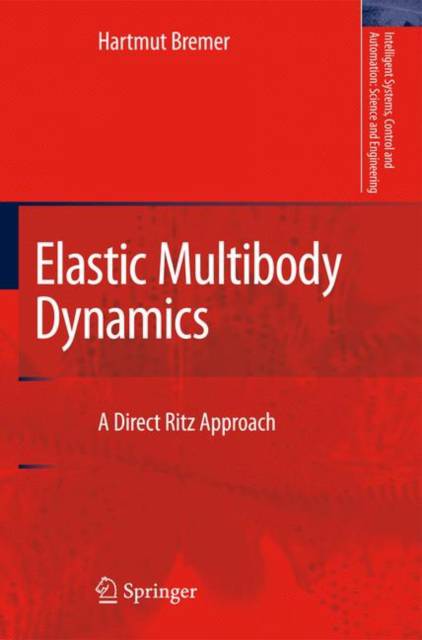
- Afhalen na 1 uur in een winkel met voorraad
- Gratis thuislevering in België vanaf € 30
- Ruim aanbod met 7 miljoen producten
- Afhalen na 1 uur in een winkel met voorraad
- Gratis thuislevering in België vanaf € 30
- Ruim aanbod met 7 miljoen producten
Zoeken
Omschrijving
1. Background This textbook is an introduction to and exploration of a number of core topics in the ?eld of applied mechanics. Mechanics, in both its theoretical and applied contexts, is, like all scienti?c endeavors, a human construct. It re?ects the personalities, thoughts, errors, and successes of its creators. We therefore provide some personal information about each of these individuals when their names arise for the ?rst time in this book. This should enable the reader to piece together a cultural-historical picture of the ?eld s origins and development. This does not mean that we are writing history. Nevertheless, some remarks putting individuals and ideas in context are necessary in order to make clear what we are speaking about - and what we are not speaking about. At the end of the 19th century, technical universities were established eve- where in Europe in an almost euphoric manner. But the practice of technical mechanics itself, as one of the basics of technical development, was in a desolate state, due largely to the refusal of its practitioners to recognize the in?uence of kinetics on motion. They were correct to the extend that then current mechanical systems moved with small velocities where kinetics does not play a signi?cant role. But they had failed to keep up with developments in the science underlying their craft and were unable to keep pace with the speeds of such systems as the steam engine.
Specificaties
Betrokkenen
- Auteur(s):
- Uitgeverij:
Inhoud
- Aantal bladzijden:
- 452
- Taal:
- Engels
- Reeks:
- Reeksnummer:
- nr. 35
Eigenschappen
- Productcode (EAN):
- 9781402086793
- Verschijningsdatum:
- 23/06/2008
- Uitvoering:
- Hardcover
- Formaat:
- Genaaid
- Afmetingen:
- 156 mm x 234 mm
- Gewicht:
- 820 g

Alleen bij Standaard Boekhandel
+ 335 punten op je klantenkaart van Standaard Boekhandel
Beoordelingen
We publiceren alleen reviews die voldoen aan de voorwaarden voor reviews. Bekijk onze voorwaarden voor reviews.











